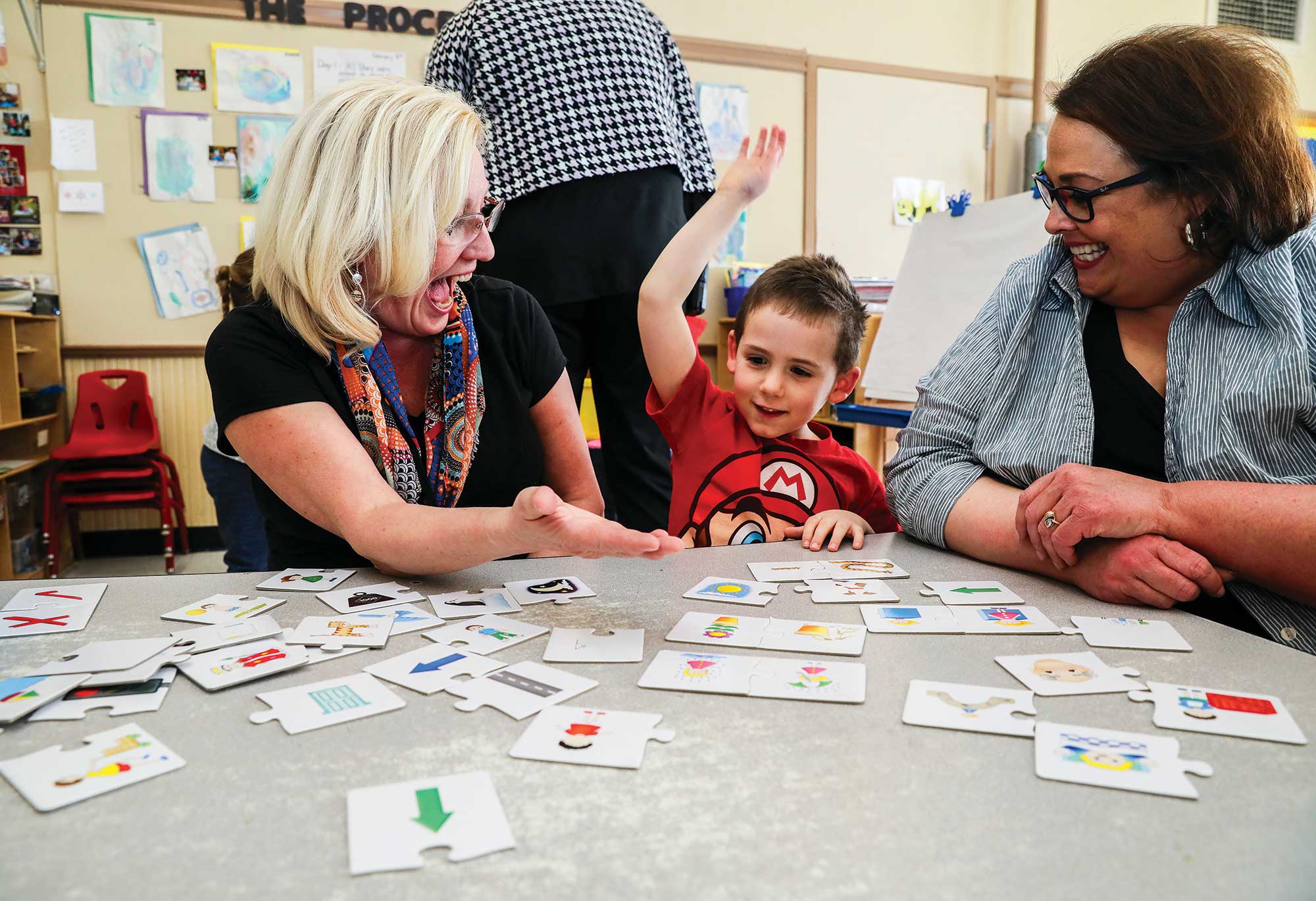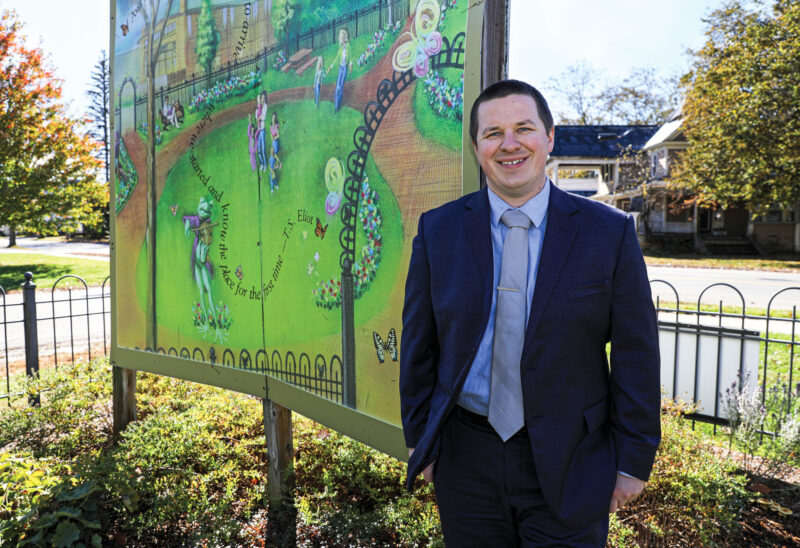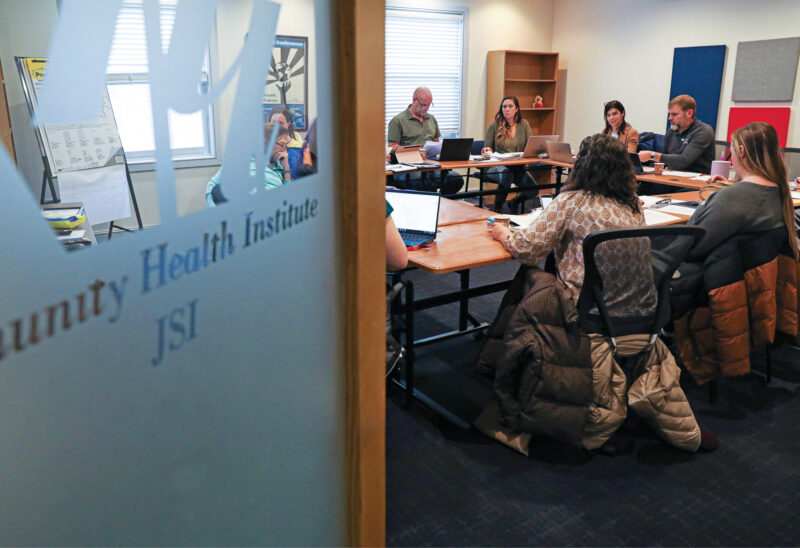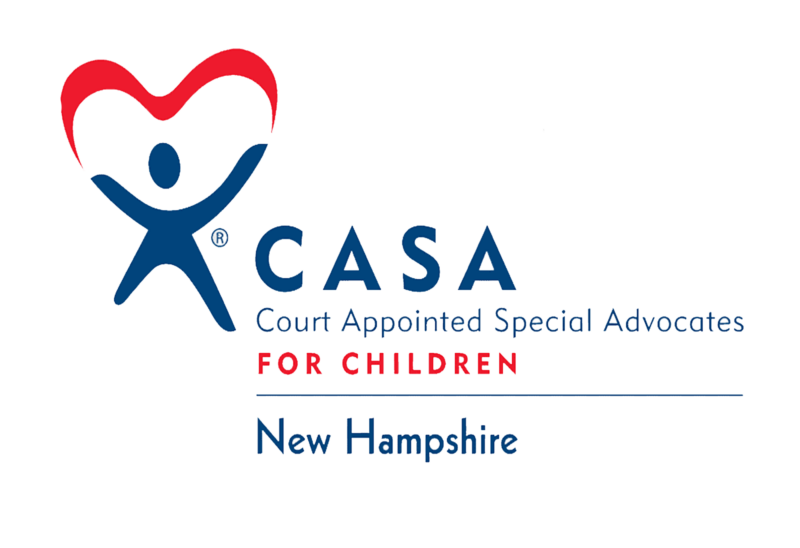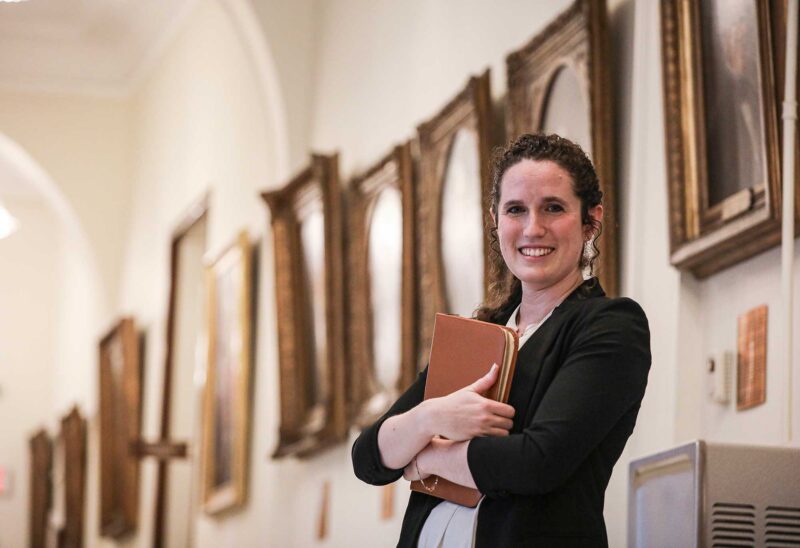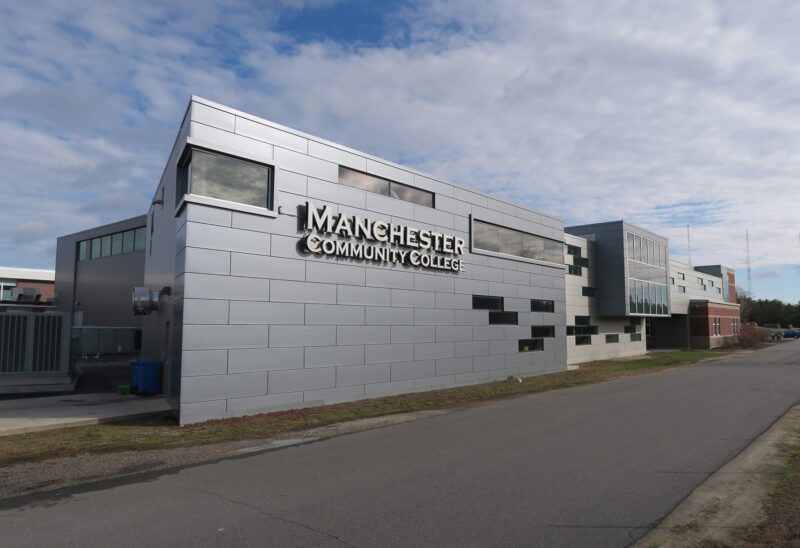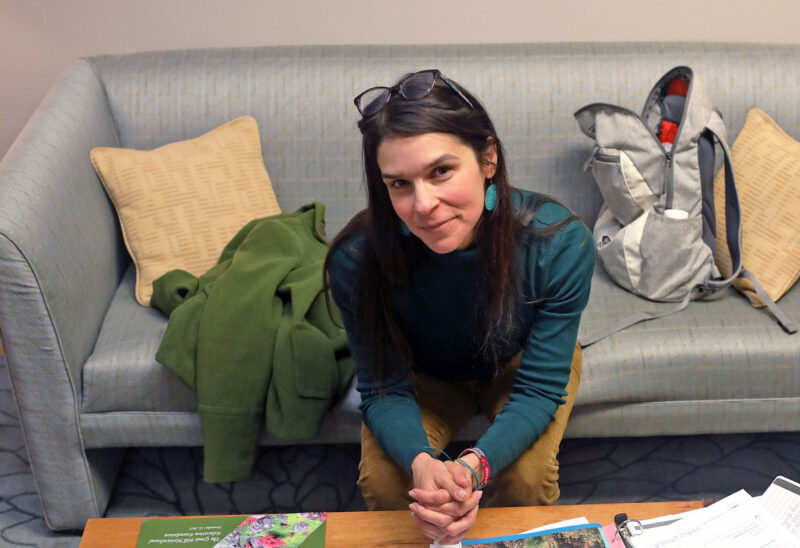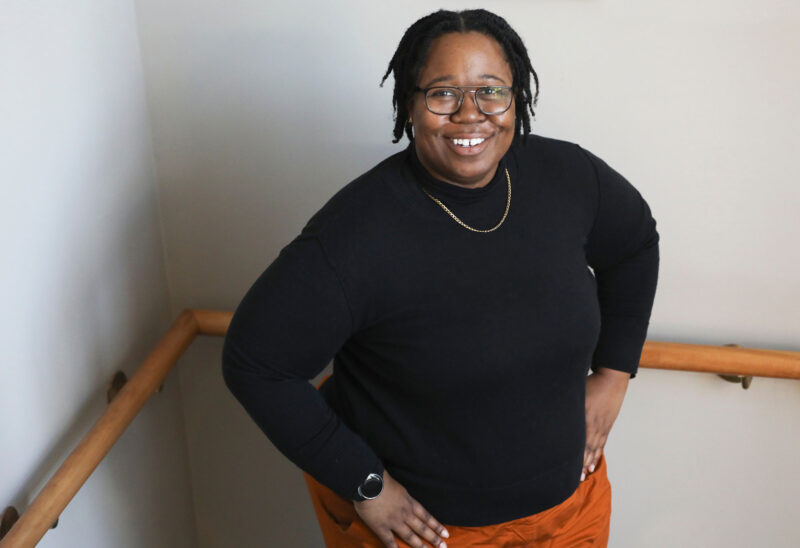In Manchester, the largest city in the state, there are about 12,000 children under the age of 8.
Project LAUNCH, a coalition of nonprofits and public agencies, has been building a coordinated system of services and care to make sure that every one of those little kids has the social and emotional supports she needs to learn, thrive and grow: developmental screening that leads to earlier interventions; professional coaching and development for early childhood teachers; making behavioral health a routine part of pediatric visits; parenting classes and home visiting; a rapid-response team for children who have been affected by trauma.
Too many young children in the state’s population center start life facing down an array of obstacles that would make a grown person quail. In some neighborhoods of the Queen City, poverty is insidious — at some schools, more than 80 percent of children qualify for free and reduced price lunch. Those children navigate to school through streets where violent crime is more than three times as high as in the rest of the state.
Some rarely leave neighborhoods that are the epicenter of the state’s drug crisis.
Just a few streets away from those places, Manchester boasts a growing high-tech sector and an increasingly vibrant business district in one of the richest states in the union.
“All children deserve the opportunity to reach their potential, and Project LAUNCH is working to make sure all children in Manchester have that opportunity,” said Christina Lachance, New Hampshire Charitable Foundation director of early childhood and family initiatives. “We know that children who thrive today grow into the adults who will sustain our communities and economy tomorrow.”
Project LAUNCH was initially funded by a five-year federal grant. After that funding ran out, the Charitable Foundation made a $175,000 bridge grant for continued coordination of the programs and coaching for early childhood professionals, with the goal of improving outcomes for more children.
LAUNCH in the classroom
Easterseals Child Development Center is one of four Manchester centers where teachers have been working with a behavior support coach to bolster skills and tools related to social-emotional learning and to improve classroom practices. This is not just about being able to sit still and share nicely. This is about being able to function in a community: to make choices that lead to positive relationships; to understand and learn to direct one’s own emotions and reactions; to learn to lead, and to trust.
When children can do those things, reading, writing and arithmetic become possible.
Martha Sharp’s pre-K classroom is arranged to teach those principles, with emotion charts on the walls, visual schedules, activity stations. There is a yoga and stretching area, a reading corner, a chart of “I can” statements: “I can ask others to play. I can share. I can have a calm body. I can use kind words. I can help others.”
Sharp wears a lanyard with a dozen picture-cards attached. One boy with autism responds best when shown a picture of what he is being asked to do. A thin girl who seems perpetually close to tears stays close to Sharp’s side.
“All of them have different needs, but they all have beautiful gifts, and that is what we want them to know,” Sharp says.
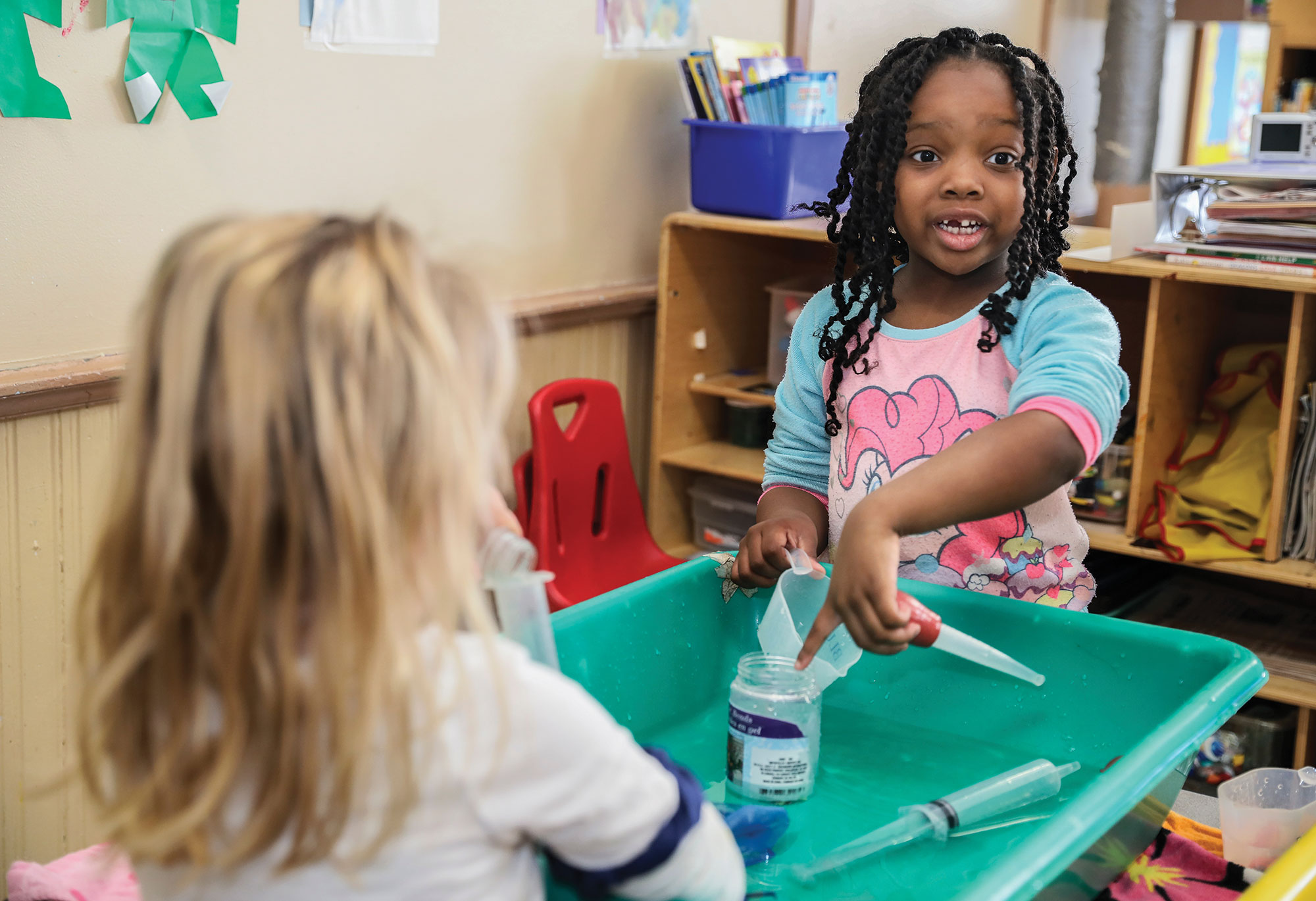
Amelia learns about measuring volume. (Photo by Cheryl Senter.)
Almost three-quarters of the children here receive child care scholarship assistance. Seventeen percent have been diagnosed with a disability or special need. The state’s opioid crisis is a very real monster in these children’s lives: Nearly 20 percent of the children at this center live in foster care or with grandparents or other relatives. Some have parents in jail. In one classroom, two children from separate families each lost a parent to drug overdoses within two weeks of one another.
“These children are 4 and 5 years old, and they have been through more than some people will go through in a lifetime,” Sharp said of the students in her classroom.
Experts talk about “adverse childhood experiences” and the effect they have on the developing brain. The more adverse experiences a child has, the more likely she will have developmental delays, behavioral and other health problems.
Negative outcomes in adults, said Project LAUNCH director Lara Quiroga, “have a direct correlation to what those people experienced as a kid.” But interventions like the ones Project LAUNCH offers, and connects families with, can offer hope, and help.
Project LAUNCH tracked children in these classrooms whose developmental screenings indicated concerns. Among those whose teachers received coaching, 70 percent saw improvements in their scores. The hope is for more centers in the city to be able to receive such coaching.
The return on investment in early childhood, as calculated by Federal Reserve economists, is $7 in saved societal costs for every $1 invested.
Narrowing the opportunity gap
Investments in early childhood are one critical component of the Charitable Foundation’s “New Hampshire Tomorrow” initiative, which is focused on narrowing the “opportunity gap” — the vastly unequal access to opportunities that keep too many of New Hampshire’s children from reaching their full potential.
New Hampshire Tomorrow was informed, in part, by a decade long investment in the successful creation of a similar system of early learning and care in Coös County. The Foundation is also supporting other regional initiatives to improve outcomes for children.
Christina Lachance joined the Foundation in 2016, her position funded by a generous grant from the Couch Family Foundation. She has spearheaded the Foundation’s work in early childhood since, including:
- Providing leadership and serving in an advisory role with partners in nonprofit, state government and academic settings. Lachance is part of a leadership team creating a new system of quality-rating for the state’s almost 700 early childhood development centers, shifting the focus from administrative-level measures to measures of teacher effectiveness and student-teacher interaction.
- Improving the quality of early childhood education in the classroom setting. Foundation support helped the state secure a $3.8 million federal preschool development grant to coordinate and strengthen delivery of early childhood programs statewide. The University of New Hampshire is leading the work, and additional funding is helping UNH to develop, pilot and evaluate a coaching model to improve teacher-child interaction.
- Funding advocacy to drive policy change and increased investments in early childhood. Advocacy helped to secure $1 million in state funding for quality improvements to the state’s family resource centers — critical hubs where young families access services from prenatal care to parenting classes to developmental screening and after-school programs.
“Ultimately, we want every child in New Hampshire — regardless of where she was born or if her parents are struggling to make ends meet — to have a fundamentally equal shot at success,” Lachance said. “It’s that basic.”
Lincoln’s launch
Lincoln is a student in Sharp’s classroom. He has a speech disorder that, in the past, led to full-on rages of frustration: throwing, kicking, pushing — behavior that could have led to expulsion from some programs. A variety of interventions has helped with his speech; his mom and dad both took parenting classes at Easterseals; Sharp and behavior support coach Stephanie Therrien have helped Lincoln learn the social-emotional skills to succeed.
Lincoln has gone from refusing to learn letters to pointing them out with delight: “Oh, an ‘L’! I have an ‘L’ in my name! How funny!” From refusing to participate in activities to being the kid who distributes blankets for naptime. His scores on developmental screens have jumped.
Sharp meets the team from the school district, to ensure continuity for Lincoln. He will enter kindergarten ready to soak in new lessons and experiences.
Lincoln wants to be an airline pilot when he grows up. His eventual college degree will matter to that goal. His early education and care may prove to matter even more.

